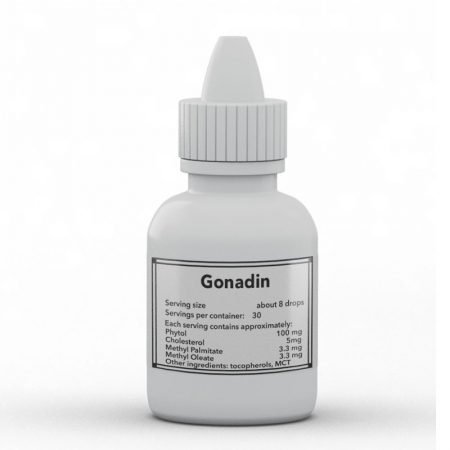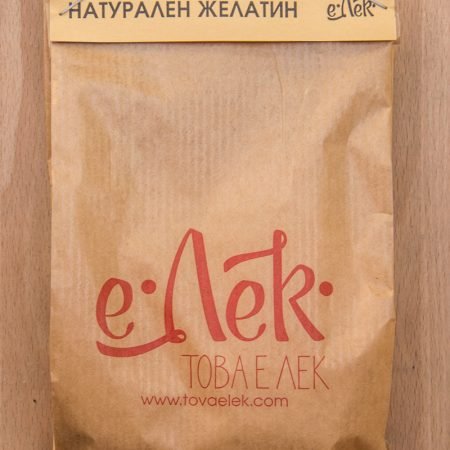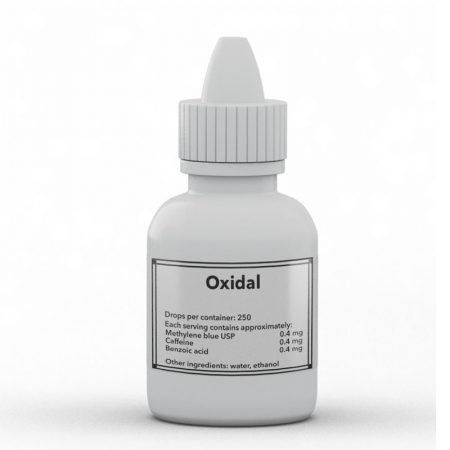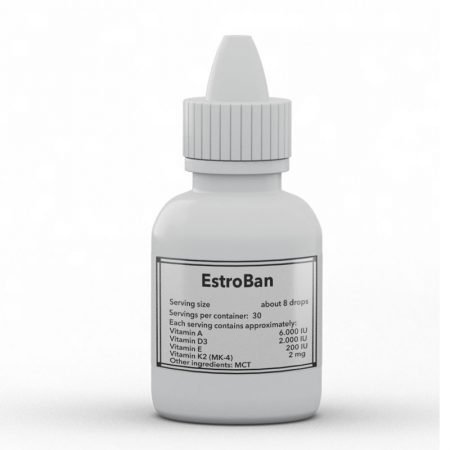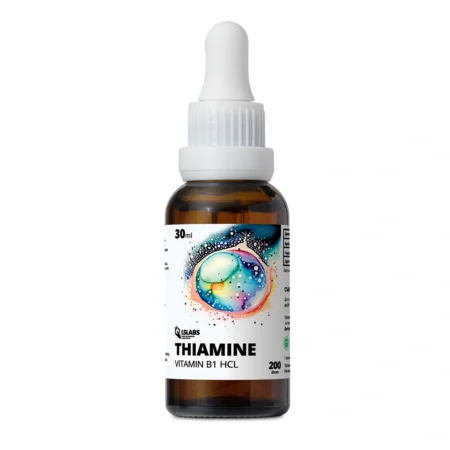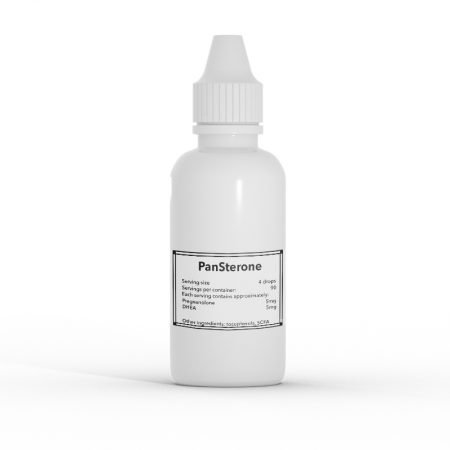Изглежда, че прегненолонът най-после започва да предизвиква интерес в медицинската индустрия. Наред с многото изследвания при различни психични проблеми, в момента се появяват проучвания, които разкриват неговото действие като ендотоксинов антагонист (LPS). Както повечето потребители във форумите знаят, ендотоксинът действа главно чрез активиране на рецептора TLR4. Прегненолонът предотвратява активирането на TLR4 от ендотоксин. Статията посочва, че този блокиращ ефект на TLR4 посредством прием на прегненолон може да го превърне в ефективно средство за лечение на алкохолизъм, шизофрения, епилепсия, множествена склероза, сепсис, посттравматичен стрес, Алцхаймер и т.н. – с други думи за всички състояния, свързани с абнормално активиране на TLR4. Антагонизмът на TLR4 също може да обясни ползите от прегненолона при ревматоиден артрит, както се демонстрира в множество изследвания от първата половина на 20-ти век. Това изследване показва, че както прегненолон, така и неговият метаболит алопрегненолон, предотвратяват възпалителните ефекти, свързани с активацията на TLR4. Алопрегненолонът изглежда има по-силен ефект, но тази разлика би могла да се преодолее чрез увеличаване на дозата прегненолон. Тъй като силните анти-възпалителни ефекти се наблюдават при концентрация от 1 um/L, това подсказва, че човешките дози от 30 мг-50 мг би трябвало да са достатъчни, за да се постигне желаният резултат. Тук е моментът да споменем, че в това изследване не се разглежда действието на прогестерона, но съществуват редица други, които откриват, че прогестеронът също е функционален антагонист на TLR4 при концентрации дори по-ниски от 1 uM/L.
The neurosteroid, pregnenolone promotes degradation of key proteins in the innate immune signalling to suppress inflammation. – PubMed – NCBI
Endogenous Neurosteroid (3α,5α)3-Hydroxypregnan-20-one Inhibits Toll-like-4 Receptor Activation and Pro-inflammatory Signaling in Macrophages and Brain | Scientific Reports
Scientists discover how neuroactive steroids dampen inflammatory signaling in cells
“…For the first time, scientists discovered how neuroactive steroids naturally found in the brain and bloodstream inhibit the activity of a specific kind of protein called Toll-like receptors (TLR4), which have been known to play a role in inflammation in many organs, including the brain. This UNC School of Medicine-University of Maryland collaboration, published in Nature Scientific Reports, shows how the neurosteroid allopregnanolone prevents the activation of pro-inflammatory proteins important for gene regulation, as well as the creation of cytokines, which are known to be involved in many different inflammatory conditions. Inflammatory cell signaling in the brain is heightened in many neuropsychiatric conditions, including alcohol use disorder, depression, and posttraumatic stress. It is also seen in sepsis, epilepsy, multiple sclerosis, and Alzheimer’s disease. “It has been very difficult to treat brain disease that involves inflammation, but allopregnanolone’s inhibition of TLR4 signaling activation in macrophages and the brain provides hope that we can develop better therapies to help millions of people suffering with these conditions,” said senior author A. Leslie Morrow, PhD, the John Andrews Distinguished Professor in the Departments of Psychiatry and Pharmacology at the UNC School of Medicine.”
“…Recent studies showed that the neurosteroid compounds pregnenolone and allopregnanolone have therapeutic effects in depression, schizophrenia and PTSD. But until now, scientists didn’t understand how. The UNC-Maryland study suggests that inhibition of inflammatory signaling may contribute to these effects, and inhibition of TLR4 signaling may be a new target for these conditions.”
“…In collaboration with Laure Aurelian, PhD, at the University of Maryland, Morrow and colleagues found that allopregnanolone inhibits TLR4 activation in macrophages, which are found in white blood cells and part of the immune system, including in the brain. In particular, the researchers found that allopregnanolone prevents TLR4 binding to MD2 proteins that work together to produce transcription factors that regulate the genes responsible for inflammatory responses in cells and tissues. Allopregnanolone also tamps down chemokines and cytokines, such as NFkB, HMGB1, MCP-1 and TNF-a, all of which are part of the immune system and involved in many different inflammatory diseases.
“…Morrow and colleagues found that pregnenolone also inhibited TLR4 signaling in macrophage cells. “Pregnenolone’s effects in the brain were less pronounced,” Morrow said. “But inhibition of peripheral inflammation protects the brain as well because systemic inflammation affects organs throughout the body indirectly.””
Източник:

